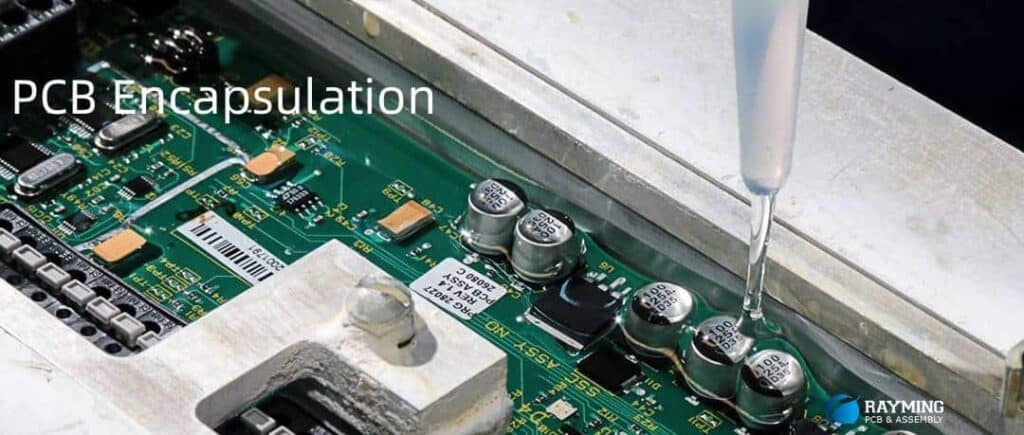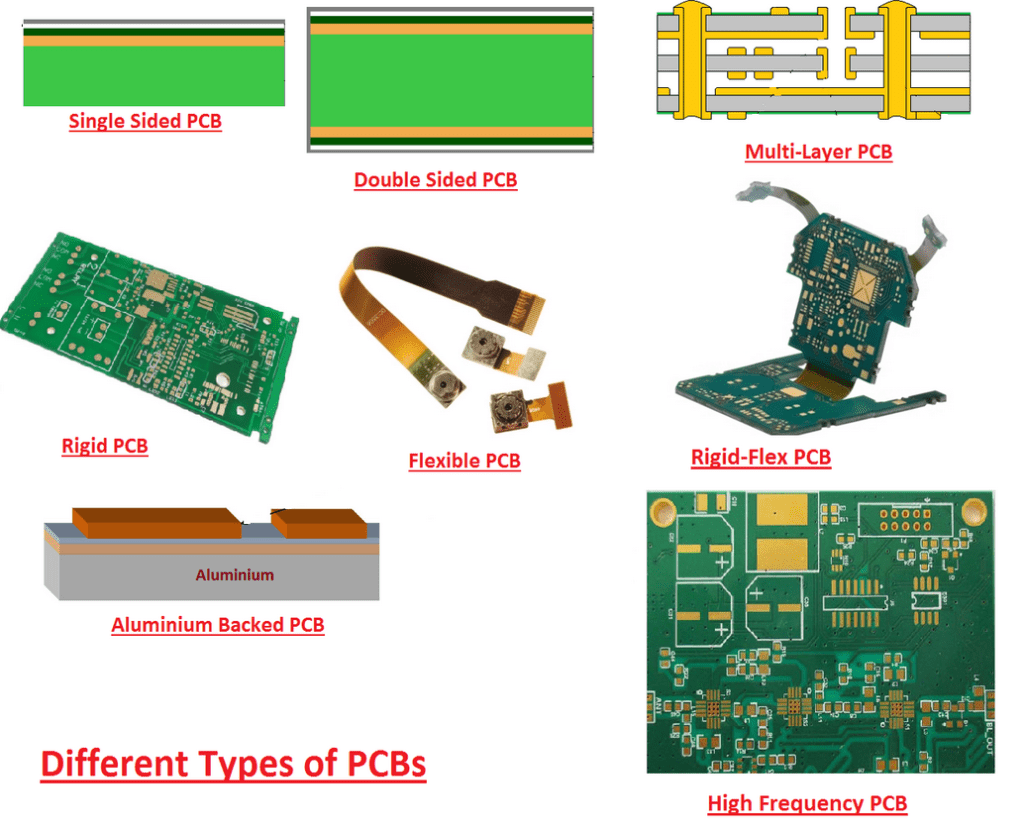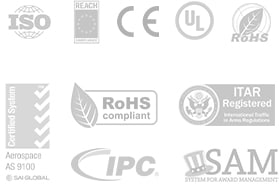Circuit boards are ubiquitous in modern electronics, serving as the foundation for everything from smartphones to automobiles. As such, the demand for high-quality circuit board suppliers is greater than ever before. Whether you’re a small startup or a large corporation, finding the right supplier can be the key to success.
When it comes to choosing a circuit board supplier, there are a number of important factors to consider. Quality, reliability, and cost are all critical considerations, as is the supplier’s ability to meet your specific needs and requirements. With so many options available, it can be difficult to know where to start. In this article, we’ll take a closer look at the world of circuit board suppliers, exploring what to look for and how to make the best choice for your business.

Top Circuit Board Suppliers
Supplier 1
Supplier 1 is a leading circuit board supplier known for its high-quality products and excellent customer service. They offer a wide range of circuit boards, including single-sided, double-sided, and multi-layer boards, with various finishes and materials to choose from.
Their state-of-the-art manufacturing facilities and strict quality control processes ensure that all products meet the highest standards and specifications. They also provide fast turnaround times and competitive pricing, making them a popular choice among customers.
Supplier 2
Supplier 2 is a well-established circuit board supplier with a strong reputation for reliability and innovation. They specialize in high-tech circuit boards for advanced applications, such as aerospace, defense, and medical devices.
Their expertise in design and engineering allows them to create custom circuit boards that meet unique and complex requirements. They also offer a range of standard circuit boards with various features and capabilities.
Supplier 3
Supplier 3 is a global circuit board supplier with a vast network of manufacturing facilities and distribution centers. They offer a comprehensive range of circuit boards, from basic to advanced, for various industries and applications.
Their commitment to quality and sustainability is evident in their certifications and awards, such as ISO 9001, ISO 14001, and RoHS compliance. They also provide value-added services, such as assembly and testing, to streamline the supply chain and reduce costs.
Overall, these top circuit board suppliers offer reliable, high-quality products and services to meet the diverse needs of customers.
Factors to Consider When Choosing a Circuit Board Supplier

When choosing a circuit board supplier, it’s important to consider several factors to ensure that you get the best quality products at an affordable price. Here are some factors to keep in mind:
Quality Standards
Quality is one of the most crucial factors to consider when selecting a circuit board supplier. You want to ensure that the supplier you choose has a reputation for producing high-quality products that meet industry standards. Some of the quality standards to look for include:
- ISO 9001:2015 certification
- IPC-A-610 certification
- UL certification
These certifications indicate that the supplier has implemented quality management systems and adheres to strict quality control measures.
Pricing
Pricing is another important factor to consider when selecting a circuit board supplier. You want to ensure that you get the best value for your money without compromising on quality. Some of the factors that can affect pricing include the complexity of the circuit board design, the type of materials used, and the volume of the order.
To get the best prices, it’s important to compare quotes from multiple suppliers and negotiate for better rates.
Lead Time
Lead time refers to the time it takes for the supplier to manufacture and deliver the circuit boards. This is an important factor to consider, especially if you have tight deadlines to meet. Some suppliers offer expedited services for an additional fee, while others may have longer lead times.
When selecting a supplier, it’s important to choose one that can meet your lead time requirements without compromising on quality.
Customer Support
Good customer support is essential when selecting a circuit board supplier. You want to work with a supplier that is responsive, helpful, and reliable. Some of the things to look for include:
- A dedicated customer support team
- Clear communication channels
- Timely responses to inquiries and issues
- Flexibility and willingness to accommodate special requests
By considering these factors, you can select a circuit board supplier that meets your needs and provides high-quality products at an affordable price.
Types of Circuit Boards

When it comes to circuit boards, there are different types available in the market. Each type has its own unique features and advantages. Here are the three main types of circuit boards:
Single-Sided Circuit Boards
Single-sided circuit boards are the simplest type of circuit boards. They have a single layer of conductive material, usually copper, on one side of the board. The other side of the board is left blank or has a protective coating.
Single-sided circuit boards are used in simple electronic devices that do not require complex circuits. They are also used in low-cost applications where cost is a major consideration. Single-sided circuit boards are easy to design and manufacture, making them a popular choice for prototyping and small-scale production.
Double-Sided Circuit Boards
Double-sided circuit boards have conductive material on both sides of the board. The conductive material is connected by plated through-holes that go through the board. This allows for more complex circuits to be designed and manufactured.
Double-sided circuit boards are used in more complex electronic devices that require multiple layers of circuits. They are also used in high-volume production where cost is not a major consideration. Double-sided circuit boards are more difficult to design and manufacture than single-sided circuit boards, but they offer more flexibility in circuit design.
Multilayer Circuit Boards
Multilayer circuit boards have multiple layers of conductive material separated by insulating layers. The conductive material is connected by plated through-holes that go through the board. This allows for even more complex circuits to be designed and manufactured.
Multilayer circuit boards are used in high-end electronic devices that require multiple layers of circuits. They are also used in high-volume production where cost is not a major consideration. Multilayer circuit boards are the most difficult to design and manufacture, but they offer the most flexibility in circuit design.
In conclusion, the type of circuit board to be used depends on the complexity of the circuit and the cost considerations. Each type of circuit board has its own unique features and advantages that make it suitable for different applications.

